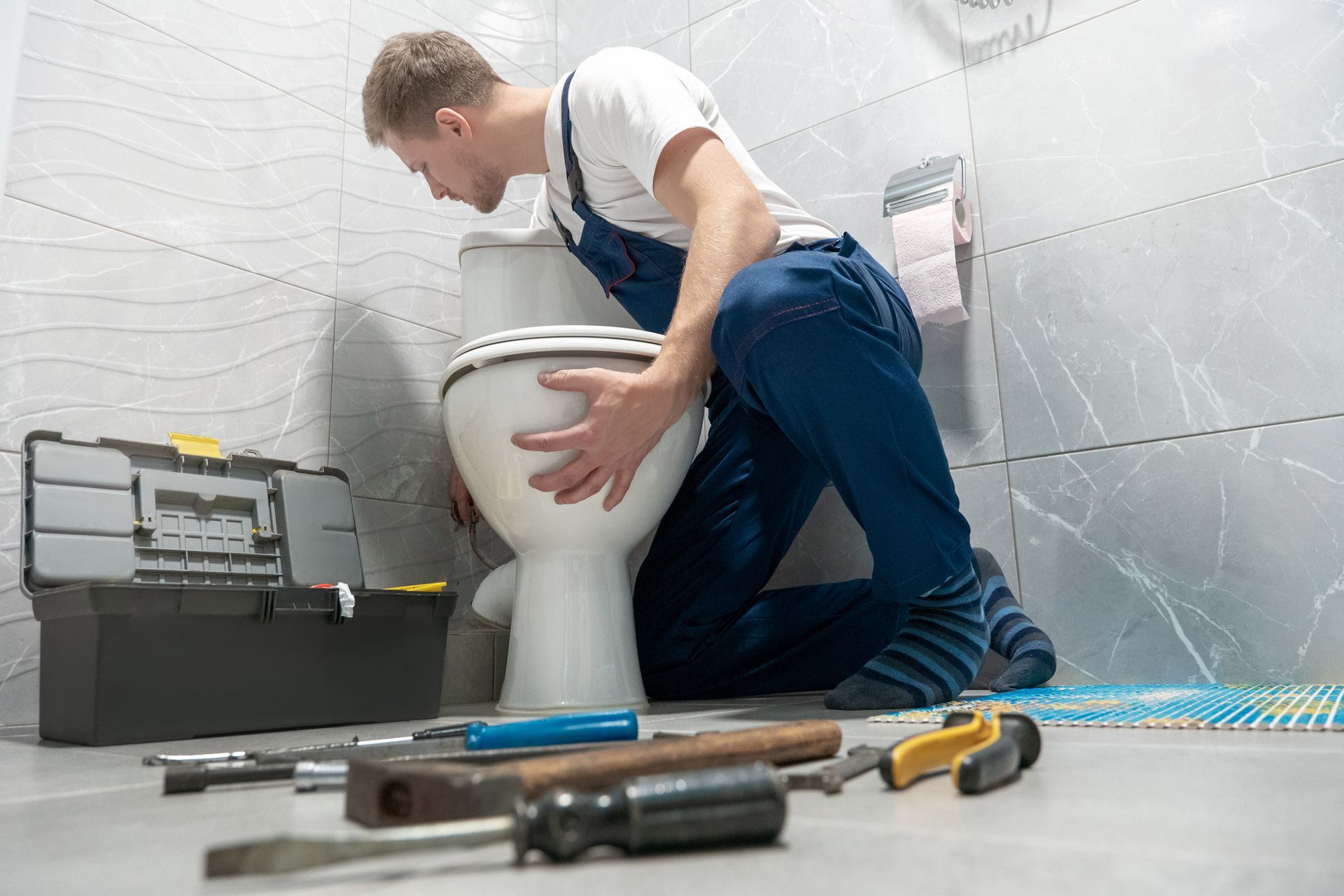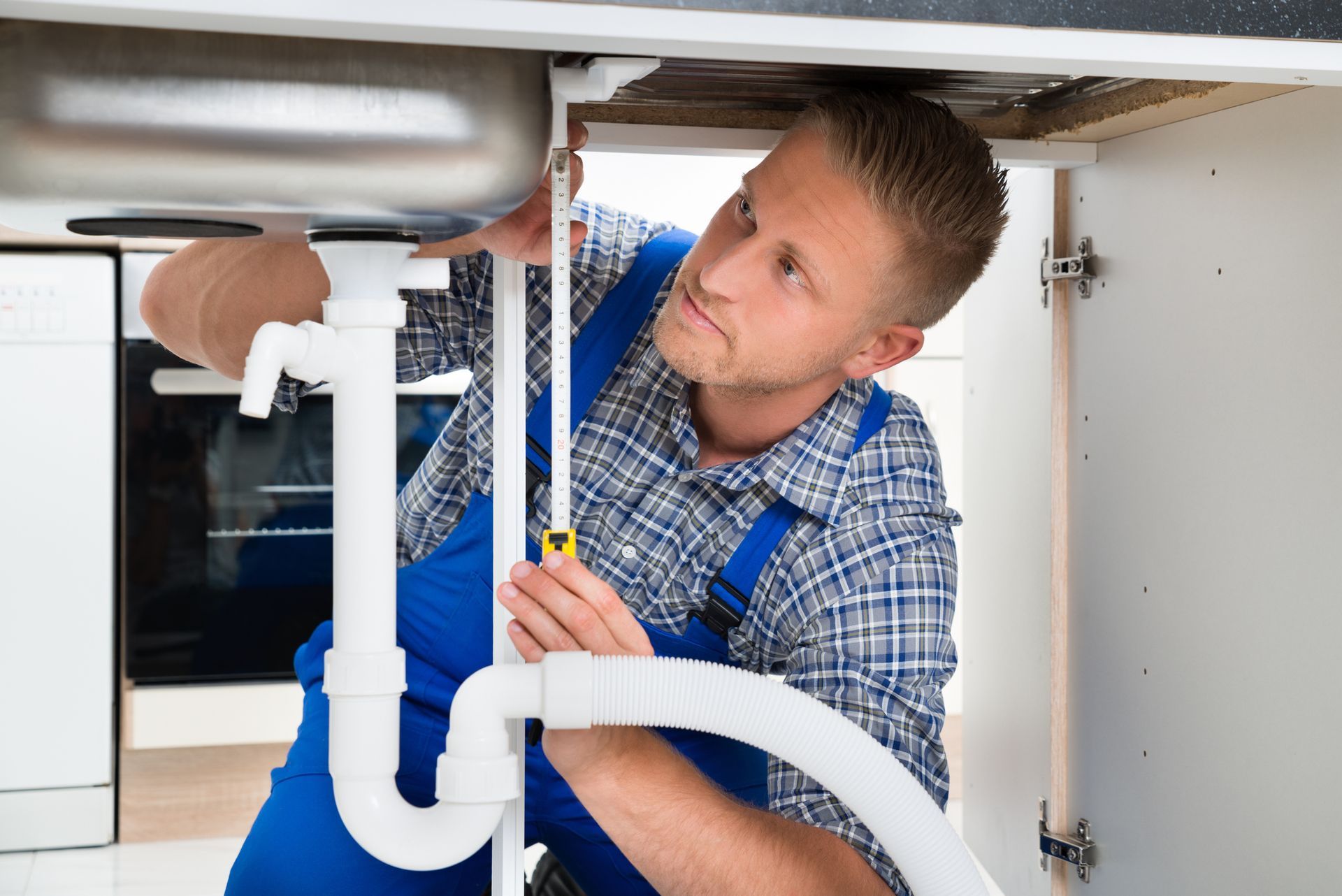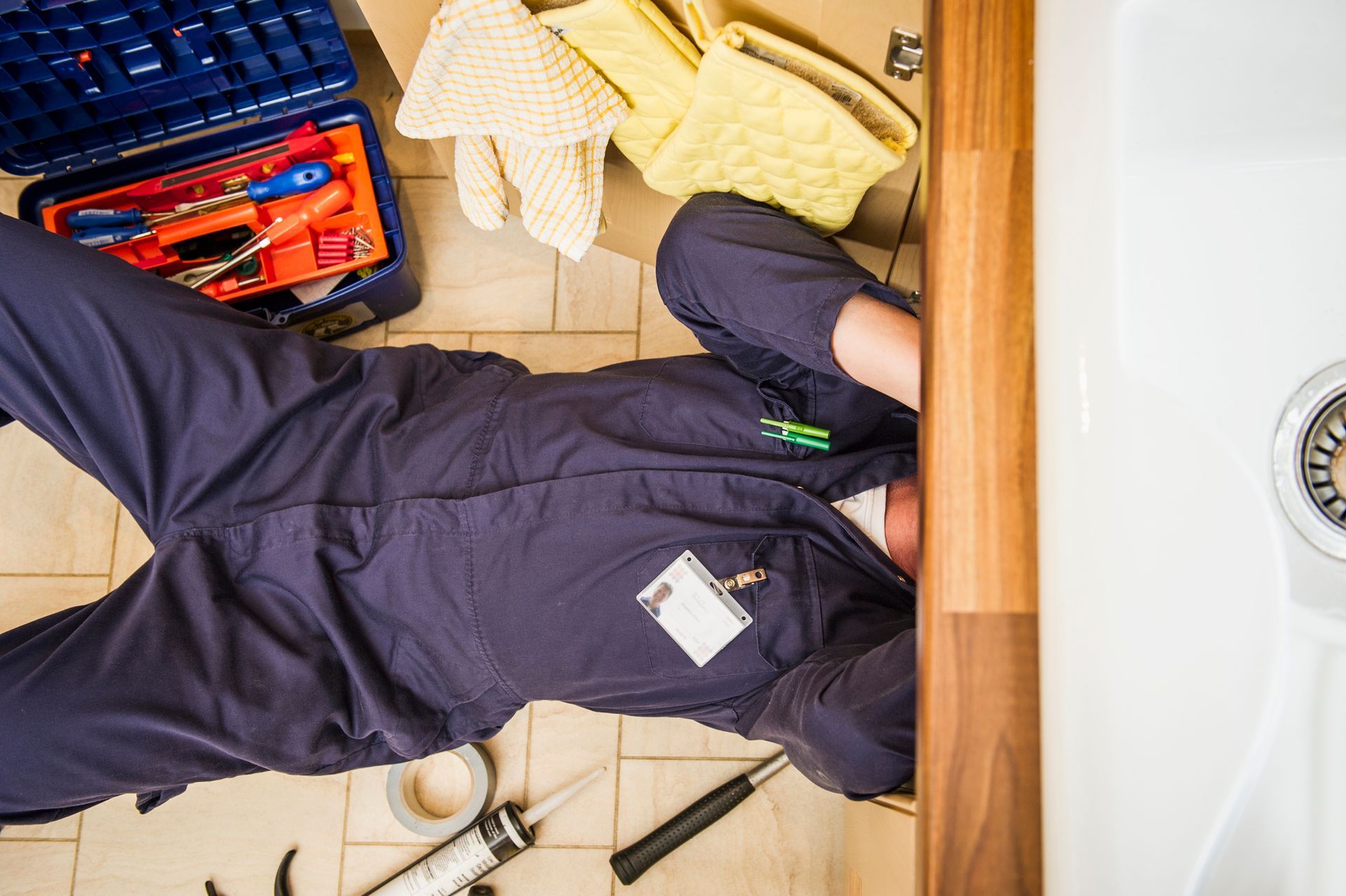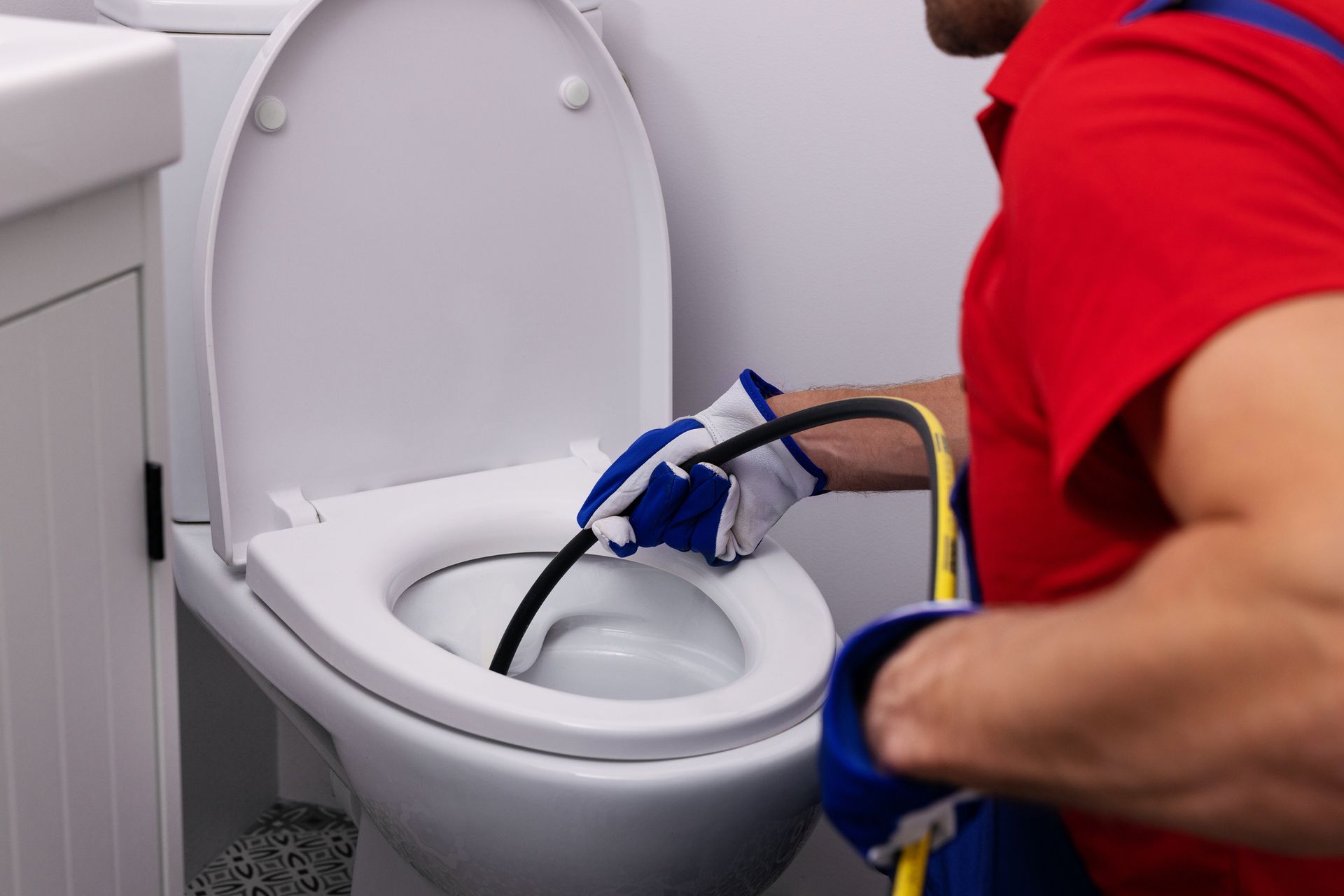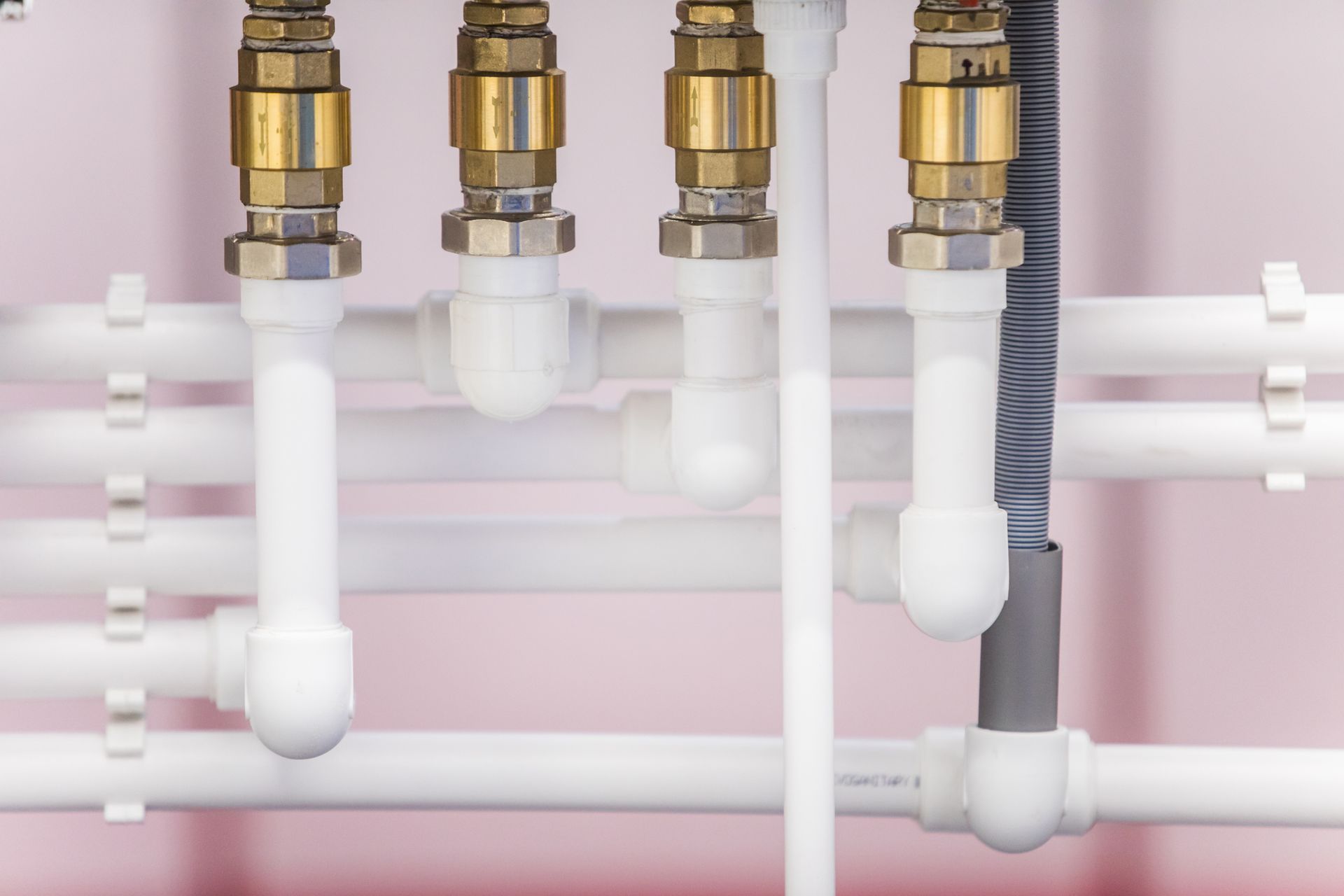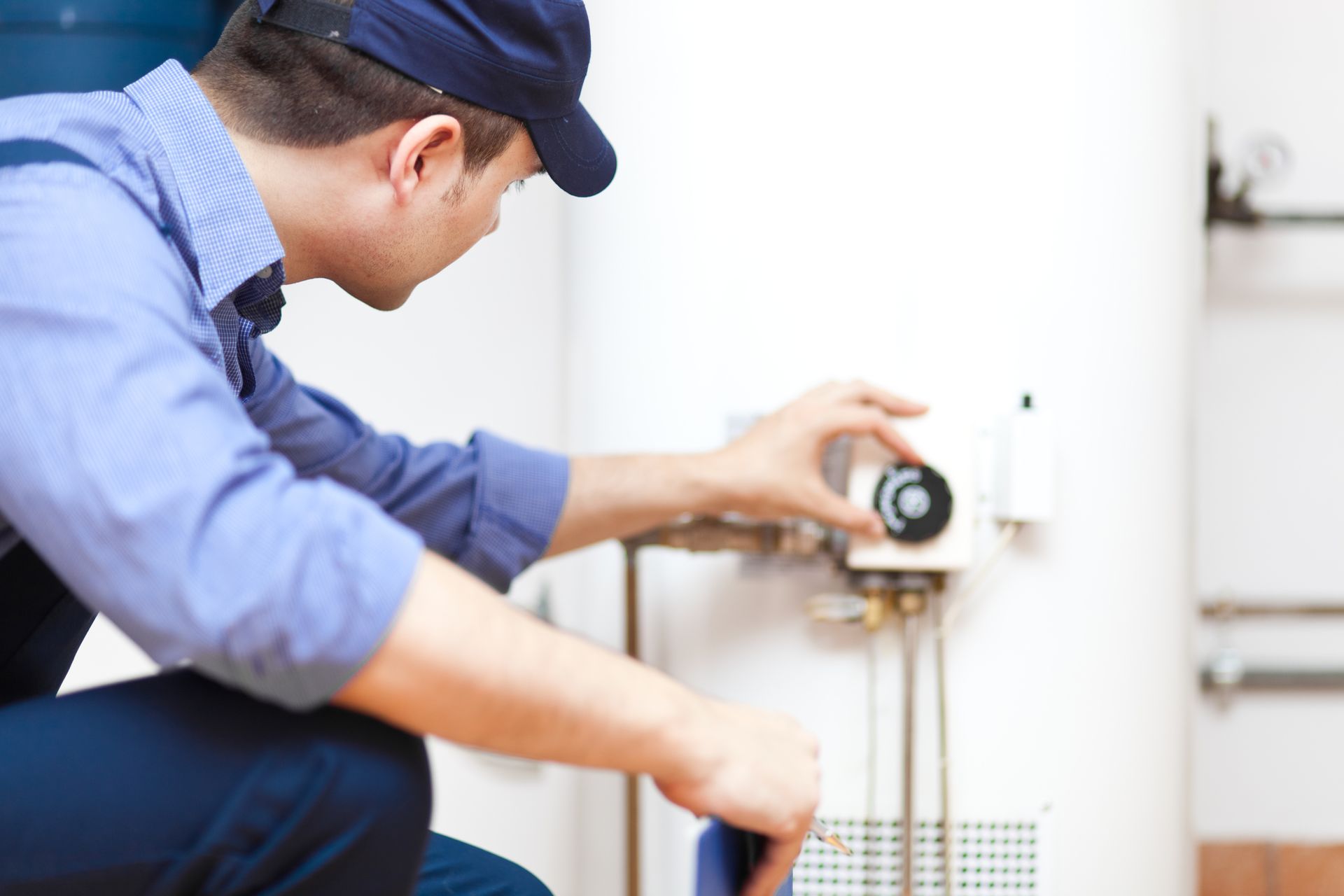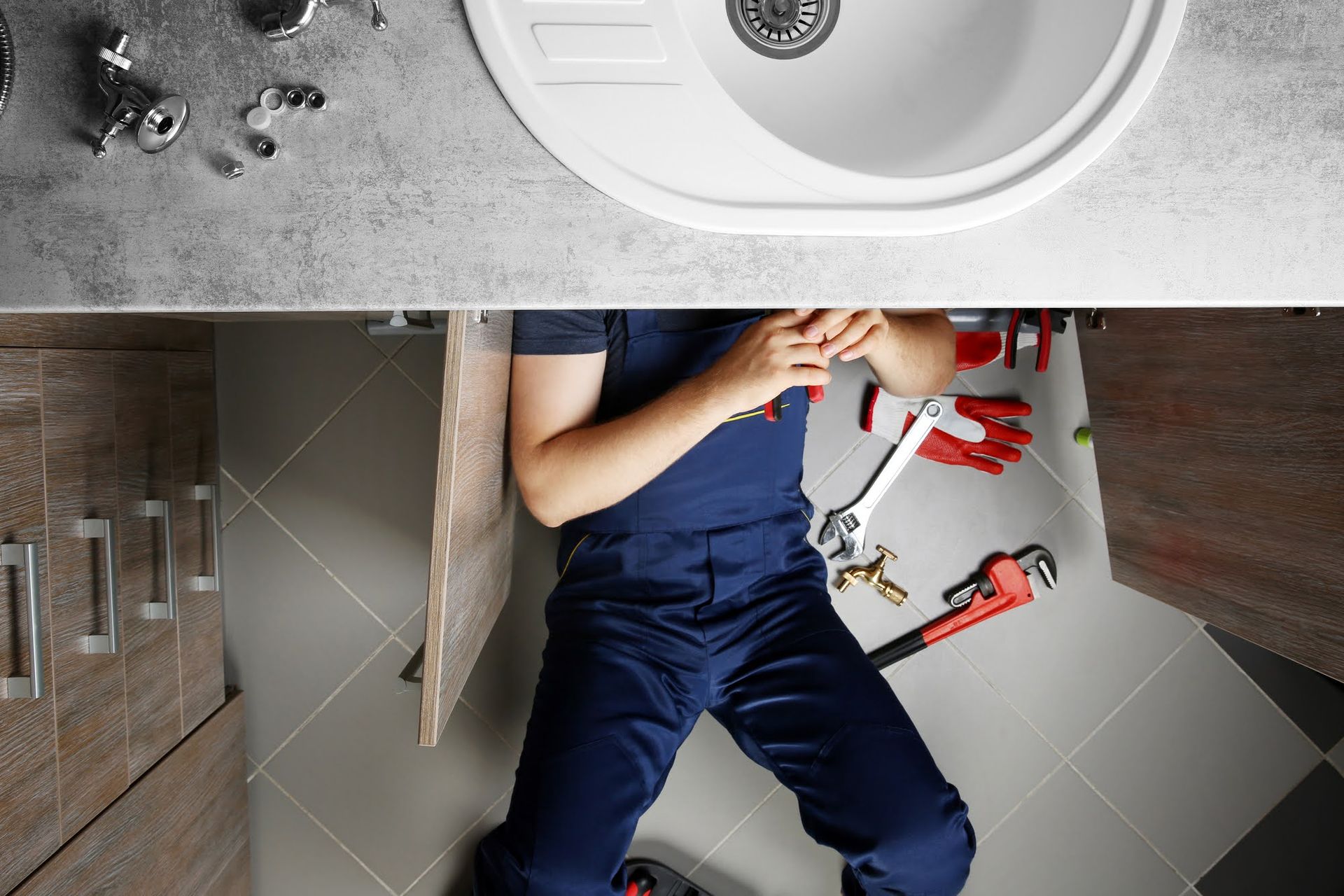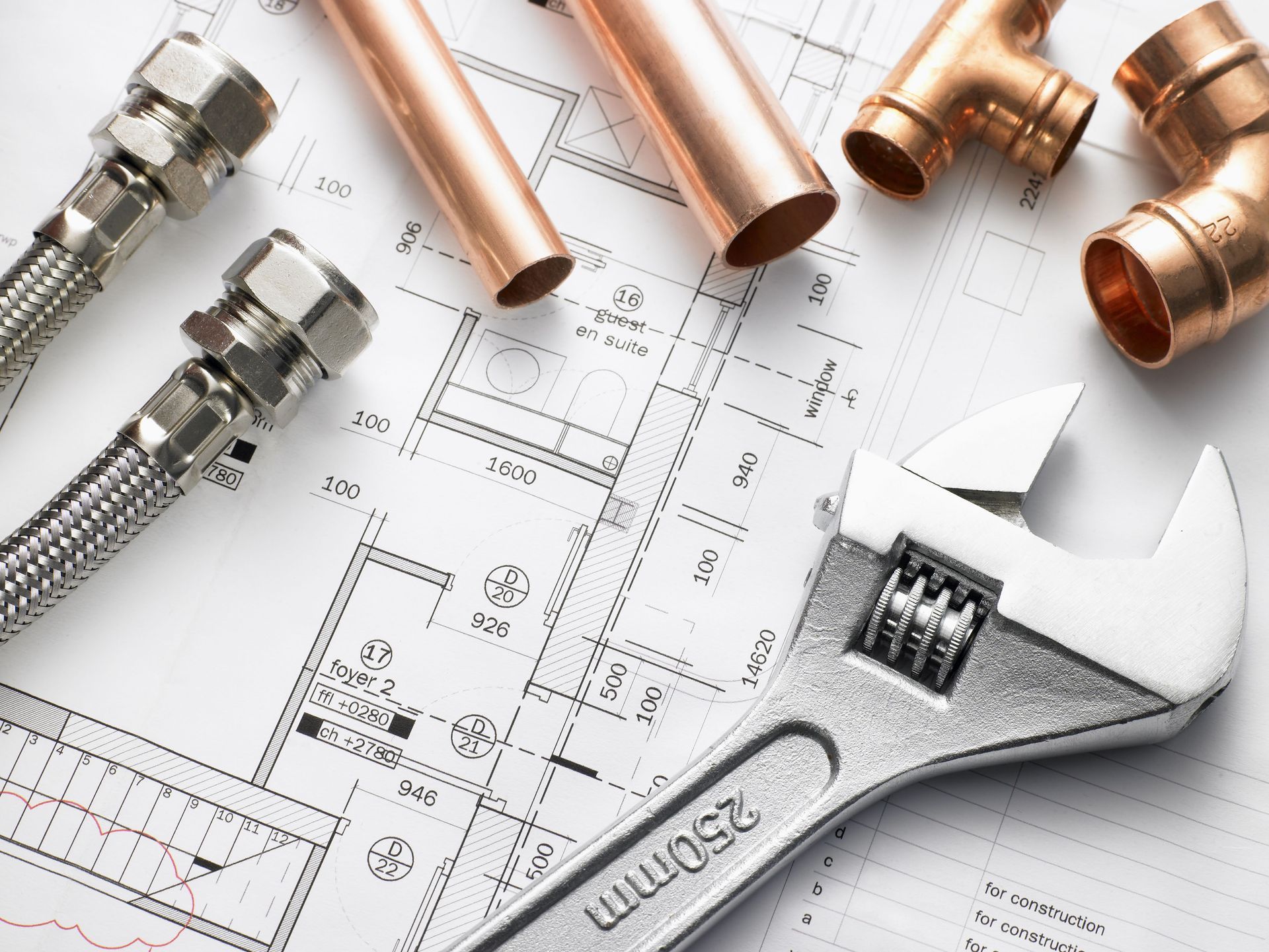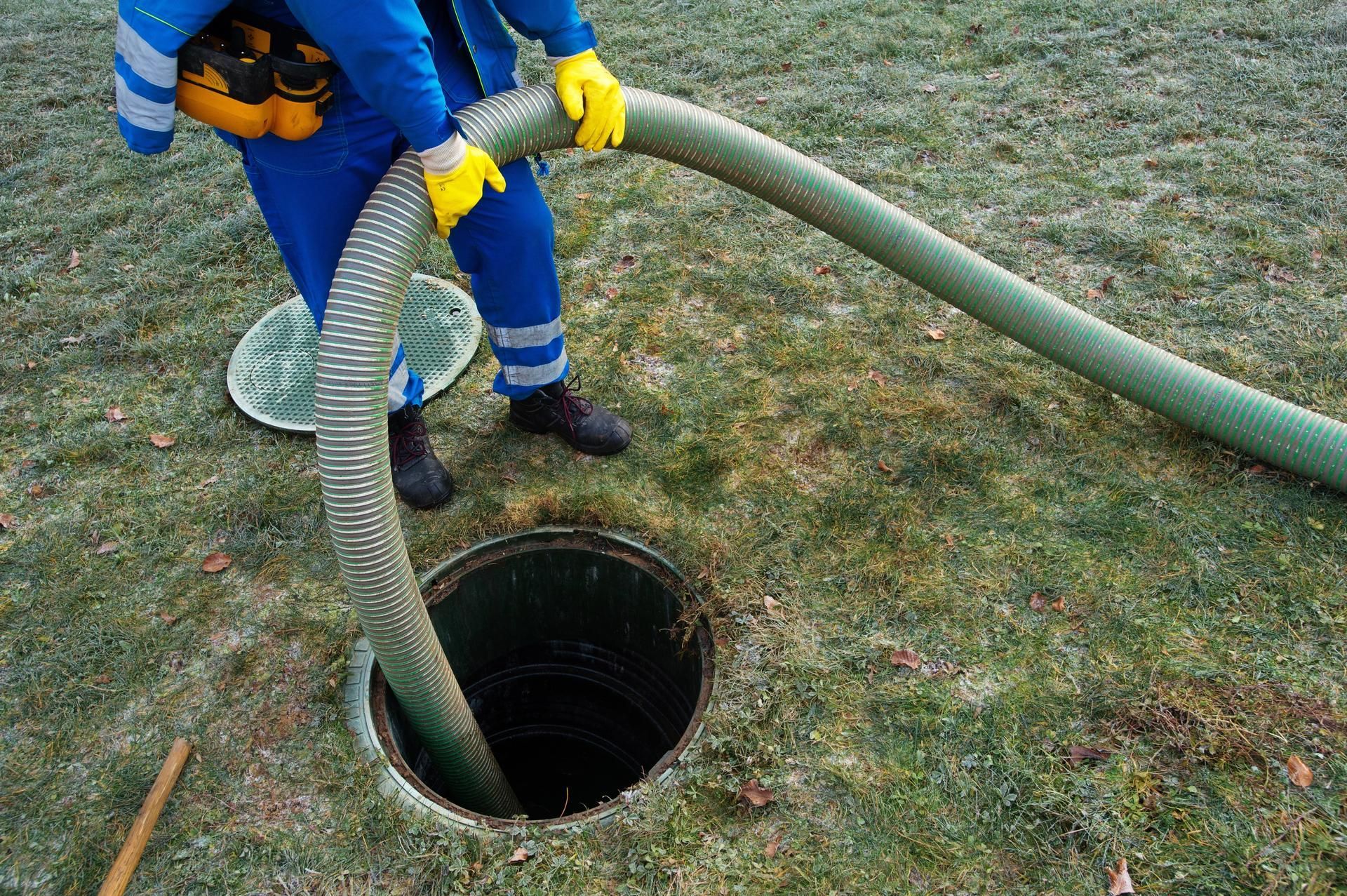Is Your Home Due for a Plumbing Inspection?
admin • January 22, 2018
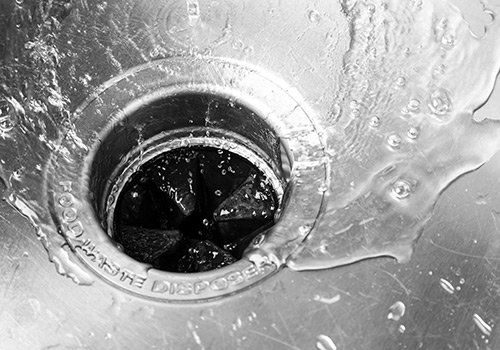
Many homeowners live in a constant state of mild anxiety in dread of their next unexpected home repair. They accept small inconveniences and ignore hints of potential issues in the hope that minor problems will not turn into major disasters.
This is especially true of home plumbing systems. Slow drains, dripping faucets, and an insufficient supply of hot water are mild irritations that are often accepted but may point to larger problems. A plumbing inspection will allow plumbers to find and repair present problems as well as prevent future damaging events.
A plumbing inspection involves examining every component of a plumbing system for ongoing and potential problems, not just those suggested as problematic by homeowners. Your plumber will check for the following items, among other things, during your home inspection.
Leak Detection
Leaks can occur, often without notice, in every component of a plumbing system through which water passes. The most obvious signs of leaks are found along the supply pipes that deliver water throughout the home. Every section of accessible pipe must be examined for signs of leaks, especially at connections.
There may also be leaks in pipes hidden inside walls or buried underground, so an inspection must also include a search for mold inside the home and for inordinately wet spots on the ground outside of the home.
However, a dripping faucet or a toilet that keeps running after the tank is filled is also classified as a leak. Far from being mere annoyances, these types of seemingly benign leaks can do major damage to a homeowner's water bill.
According to the Environmental Protection Agency (EPA), a leaking faucet can lose 3000 gallonsof water per year at a drip rate of once per second. A toilet that runs non-stop can allow 200 gallonsof water to flow down the drain each day. Fortunately, both of these problems can be remedied swiftly and inexpensively by your plumbing inspector.
Slow Drains
Slow drains can be annoying and time consuming, especially if you're standing in a shower or bath with scummy water swirling around your ankles as you wait for the water to drain so you can resume your shower.
Slow drains can also indicate potential sewer line issues. If sewer lines become clogged by years of accumulated muck or damaged by tree roots and shifting soil, raw sewage can enter your home through your sink and shower drain.
You will find nothing humorous about this oily, black, odorous material. Raw sewage can contaminate your home with potentially life-threatening bacteria, and sewage may be accompanied by sewer gases that pose an equal threat to the health and well-being of a home's occupants.
Hopefully, slow drains will be the extent of the problem. A slow drain can often be easily cleared by the plumber using conventional drain-cleaning equipment.
If sewer lines are involved, an endoscopic camera inspection of the sewer lines may be needed to determine the course of action required. This action could include the use of mechanical water jetting to dislodge clogging agents or even replacement of all or part of the sewer system in the home.
Insufficient Hot Water
This issue could result from a defective heating element in an electric hot water tank or sediment buildup in a gas-powered model. Both of these problems can be solved after inspection through simple repairs and maintenance services.
Of course, maybe an old tank has reached the end of its effective lifespan and needs to be replaced. Additions to a household can also lead to an inadequate supply of hot water. A tankless water heater may be the solution to the problem.
Tankless units heat water on demand and can supply an entire home with endless hot water or supplement an existing hot water tank. For example, you could install a smaller tankless unit that is dedicated to only a high-use area such as a bathroom.
If you're in the mid-Michigan area, Michigan Plumbing
can inspect your plumbing system, resolve your plumbing anxiety, and fix small problems before they grow into big ones. Call us today to schedule an inspection.

